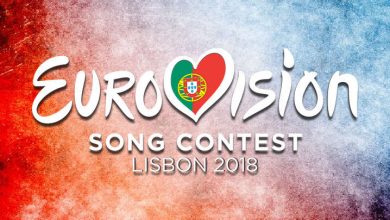Which language is the most influential and important?

There are over 6,000 languages spoken in the world today, but 2,000 of them count fewer than a thousand speakers. Moreover, just 15 of them account for half of the languages spoken in the world.
The Power Language Index (PLI) tries to establish which of these languages is the most important and influential. If the number of speakers was the decisive criterion, the Chinese Mandarin, official language of China (and Taiwan), would be the winner, but this is not the case.
The PLI includes different series of factors:
1. Geography – The ability to travel
2. Economy – The ability to participate in an economy
3. Communication – The ability to engage in dialogue
4. Knowledge and media – The ability to consume knowledge and media
5. Diplomacy – The ability to engage in international relations
By combining 20 indicators of these five different criterions, we can identify the 10 most powerful languages and six of them are Europeans (see the table below).
English is by far the most powerful language. It is the dominant language of three G7 nations (USA, UK and Canada), and British legacy has given it a global footprint. It is the world’s lingua franca. Mandarin, which ranks second, is only half as potent. Then we’ve French, Spanish, Arabic and Russian. These first six languages are also the official languages of the United Nations.
The remaining four in the top 10 include the two other BRIC languages (Portuguese and Hindi), and the tongues of two economic heavyweights (Germany and Japan).

English, French, Spanish, German and Portuguese are also five of the 24 official languages of the European Union, which instead of searching a common one has asserted that it is in favour of linguistic diversity.
In the Charter of Fundamental Rights, legally binding since its inclusion in the Lisbon Treaty, the EU declares that it respects linguistic diversity (Article 22) and prohibits discrimination on grounds of language (Article 21). Respect for linguistic diversity is a fundamental value of the European Union, in the same way as respect for the person, openness towards other cultures, and tolerance and acceptance of other people.





